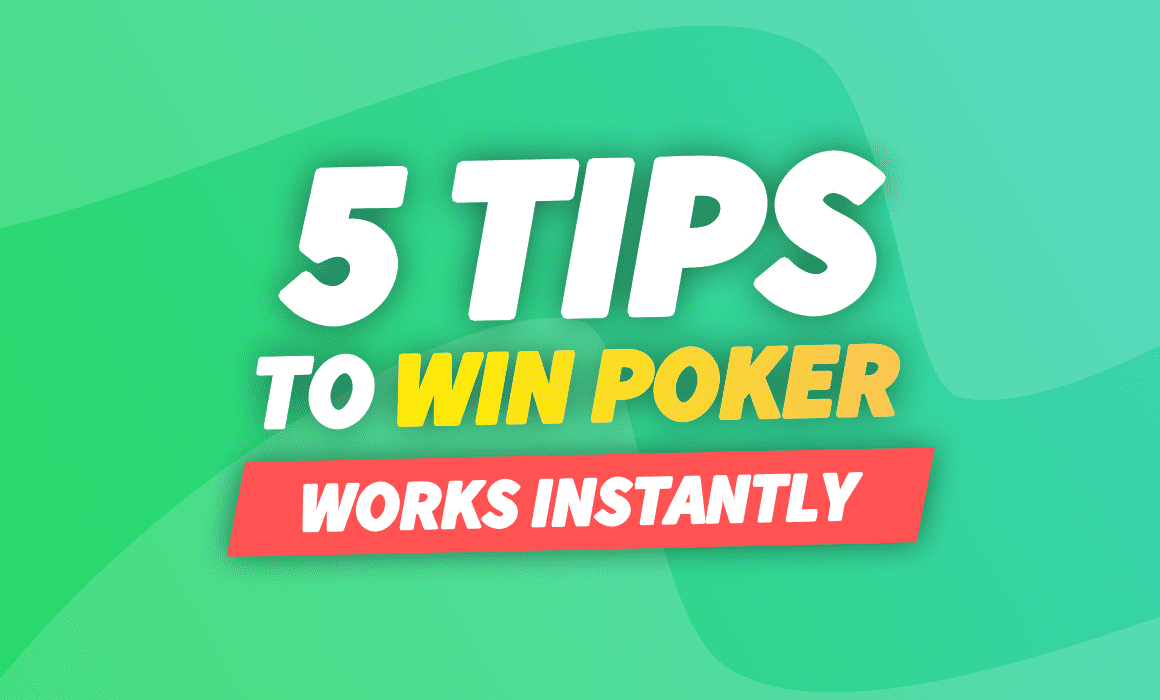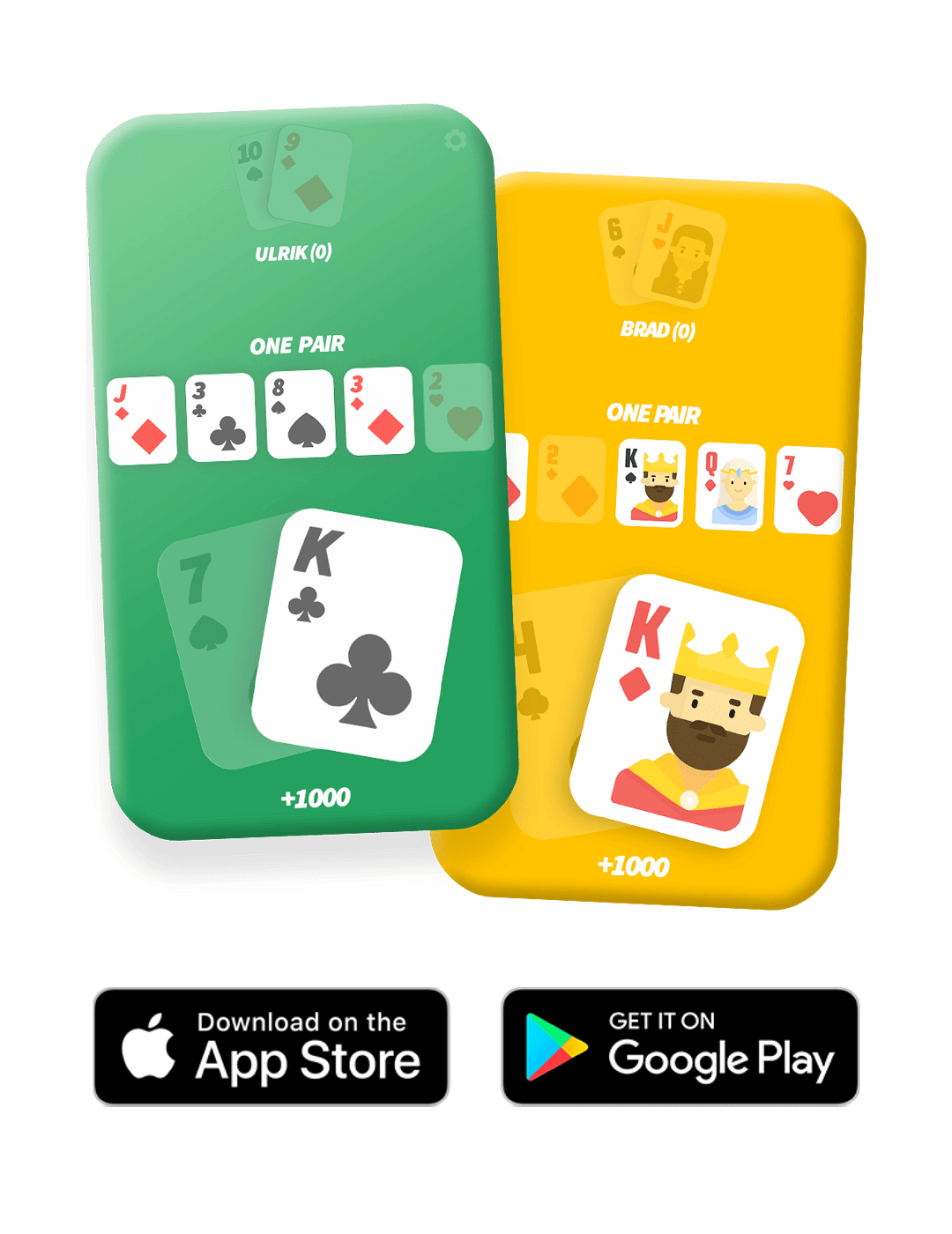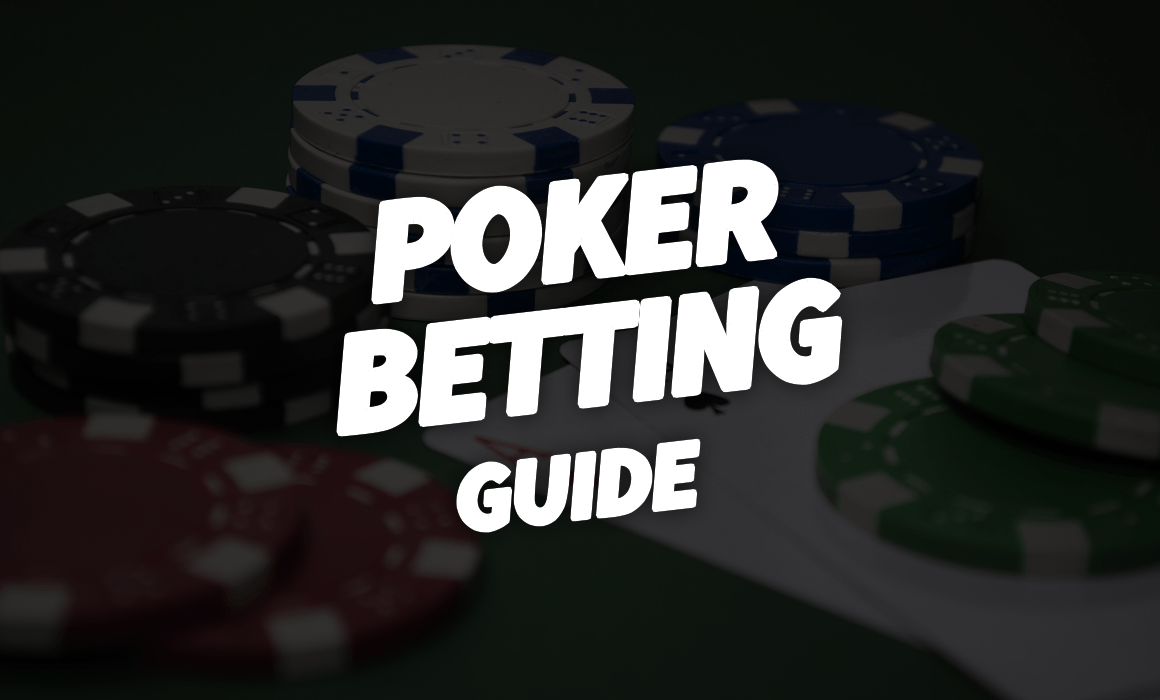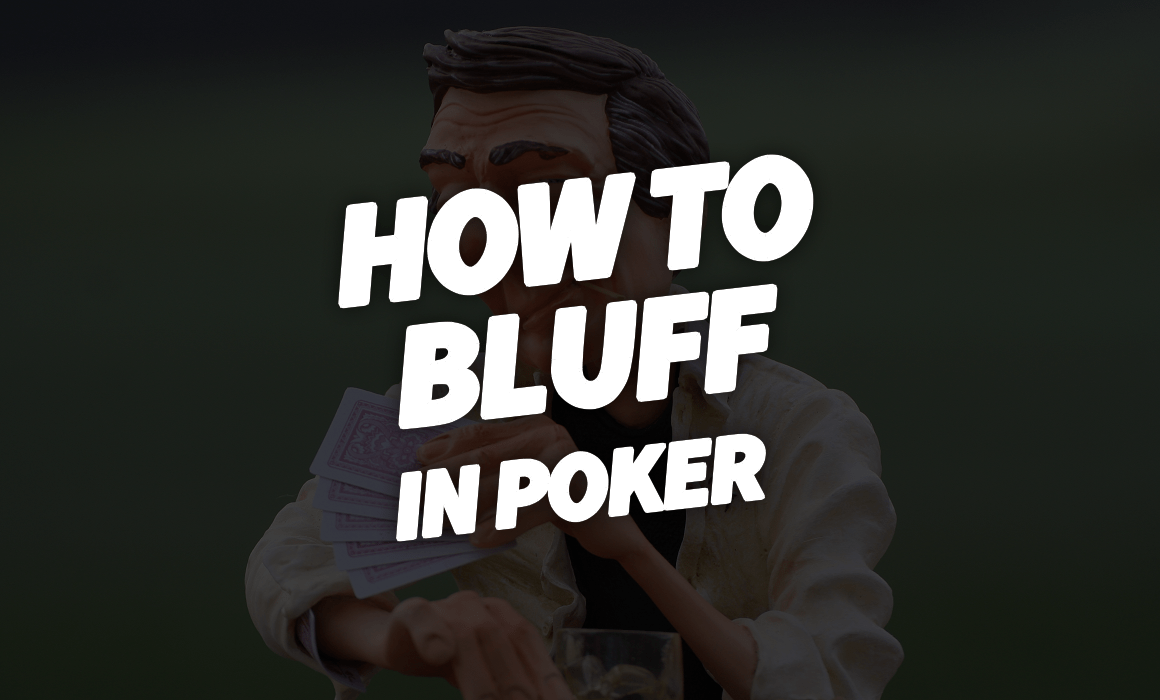5 Tips to Win Poker
If you’re new to the game but want to win poker, this is the place for you.
I’ve been playing poker for some time now, and I’ve noticed how 5 tips changed my game dramatically – and took me from poker beginner to poker pro.
They aren’t complicated, in fact you probably practice some of them without even thinking about it – but being conscious about it will instantly improve your poker skills.
I’ve made a short video that quickly explains the 5 tips to win poker, but this page continues underneath the video with a more in depth explanation, a lot more detail and more of my videos to further explain each tip.
How to win poker
Easy tips to win poker
There’s no right or wrong way to play poker. There’s not one method that will guarantee success. But there are ways and means for you to maximize your chance of winning.
There are good habits, and bad habits. Situations to avoid and situations to seek.
And there are those who have the knowledge to exploit them. These five poker tips will make a huge and instant change to your game, and show you how to win poker.
Let’s get into it.
1. Know your starting hands
One of the most common beginner mistakes in poker is to see too many flops.
New players are curious to see what the flop will make of their hand, and so they end up throwing chips after a hand that was never going anywhere. This may not sound like too big a deal, but if you constantly waste your chips hoping for a magic flop, you’ll quickly see your stack go down. Advanced players know what starting hands to throw away so as to not waste chips, allowing them to trust their math and go big when needed.
Great players immediately access their starting hand after being dealt their two cards, and they know what to look for. What gives a hand potential, and what cards should just be thrown away?
There’s a science behind this.
I’ve made an in depth video about starting hands, in case you want to get into more detail and see some examples of what starting hands to play and what to throw away.
If not, I’ll outline the basics underneath.
Basically, paired starting hands are best. Like two kings.
After that, we look for ‘high card value’. Cards of high value, like an ace or a queen, have good potential for high pairs from the board.
We then look for ‘suitedness’, meaning cards of the same suit – like hearts.
This is because a suited starting hand has potential for a flush from the community cards.
Lastly, we look for ‘connectedness’, meaning cards that are close to each other in rank.
Cards that are close to each other, like a 9 and a 10, have potential for a straight. Cards when a larger gap has less potential, and cards that are 5 ranks apart are terrible.
What starting hands to act on very much depends on your position. Another main pillar of poker strategy. So let’s have a look at tip number 2 in how to win poker.
2. Beware of position
Position is one of those things that no new player thinks about, but when told about it you go “Oh”. But it’s actually pretty simple. ‘Position in poker’ refers to the way players are seated at the table – more specifically, in what order they get to act.
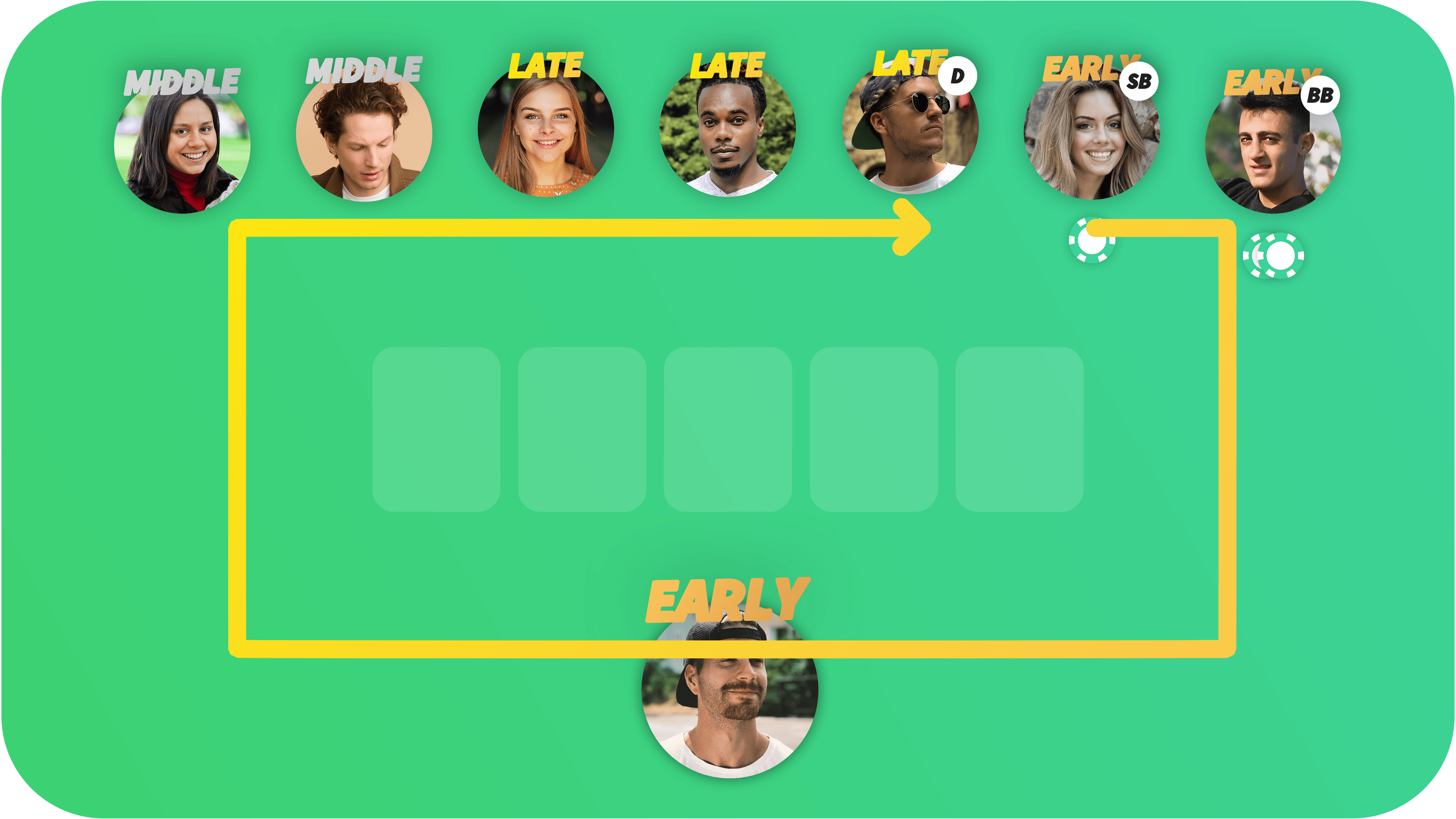
As you probably know, every round of poker has a dealer, a small blind and a big blind. Since the small- and big blind are forced to bet an amount, the first player to act freely is the player sitting after the big blind. This is the worst position to be in, since you have to act your turn without having seen anything from your opponents.
You have no intel to go from. Just your own cards.
The later your position, the better. Since you get to see other players act first.
The dealer is considered the best position, since you get to act third last for the first round and last in every round after that. Like the role of dealer, small blind and big blind, your position of course changes clockwise after every round.
Position and starting hand strategy is very much related, and the later your position, the wider range of starting hands we should play.
For more on position, and an in depth view at what hands to play in what positions, see this video or our blog post on the subject.
3. Know how to bluff
Bluffing is easily the most recognizable and famous tool in the toolbox of poker strategy. Made famous by TV and movies. And it is a great tool, although the frequency of which players bluff in movies is very much exaggerated.
The perfect hand doesn’t come around too often in Texas Hold’em. This means you can’t just fold every bad hand and go all in on every good hand. That’s too easy to read.
Bluffing is a great way to win some chips even with terrible cards and keep your opponents guessing. Whether you’re doing a semi bluff or a pure bluff, you should always keep your opponent in mind.
And it’s one of the secrets of how to win poker.
Limit your bluffing to when you’re up against one or two players. It’s easier to bluff a few players than a whole table.
Likewise, you should focus your bluff to times when your opponents seem hesitant or are low on chips. Weak players probably won’t not have the guts to call you out.

Lastly, it’s important to consider your opponents playing style. It’s a lot safer to bluff against a player with a tight playing style than against a loose cannon, who might randomly call your bluff.
And of course, most important of all, if you’re bluffing, the last thing you want is to go into a showdown with your weak hand. Finish the job before that, and force your opponents to fold.
For more info and example of how to bluff in poker, check this video or our designated blog post on the subject. Now you know how to win with a bad hand – but what do we do when a great hand comes along? Let’s look at betting.
4. Know how to bet
Knowing how to make the most of a great hand is absolutely crucial if you want to win poker. If you’re dealt a great hand, like two aces, you can’t have everyone fold before the flop and leave you with just the blinds. You need to make the most of your hand. This takes a good betting strategy.
Betting in poker is usually divided into two different categories; a blocking bet and a value bet.
A blocking bet is designed to control the pot. By placing a small bet, you get inside your opponent’s head and stop them from making a larger bet. Since just the fact that you made a bet makes them more cautious and less aggressive. They’ll most likely call.
That way you get to set the price for further participation – allowing you to see another round without too much investment. Quite genius.
Now, let’s say you’re dealt a great starting hand – like a pair of aces.
This is the best starting hand in poker and you’d be pretty likely to win.
When you have a great hand, it’s important to make the most of it – you want a massive pot to win.
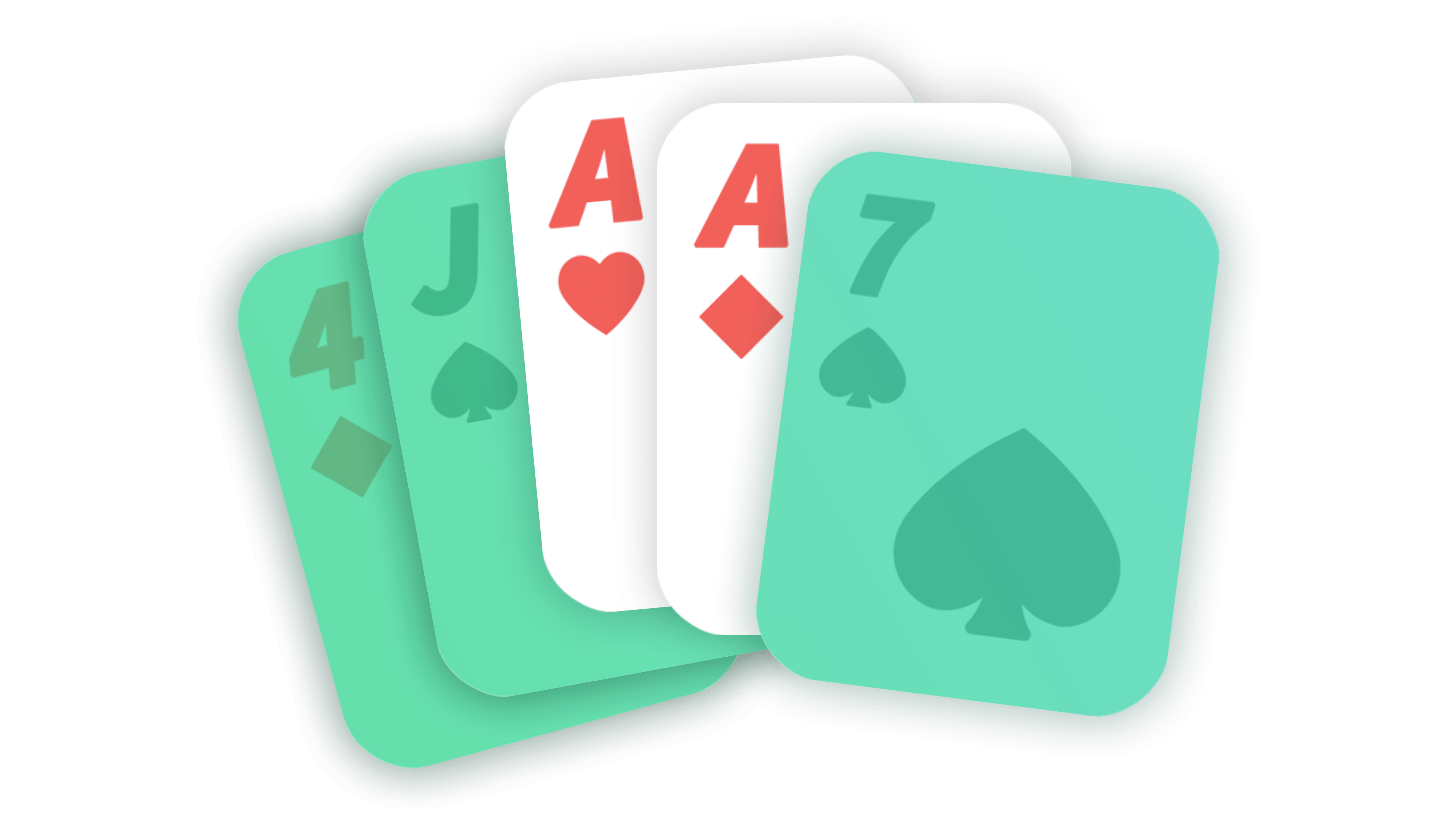
But, if you try to build a pot by instantly raising by a lot, other players might be scared off and fold their cards – leaving you with just the blinds and some change. Not quite the massive win you were hoping for.
This is when we place what’s called a value bet.
A value bet is designed to build the pot, but to do it in such a manner that opponents won’t be scared off. You place small bets, big enough to drive up the pot but just small enough to not scare off opponents.
A value bet is essentially the opposite of bluffing, since this time you actually want other players to call or even raise your bet. You want them to think that building the pot is their idea, and that they’re in charge. Essentially doing your dirty work and digging their own grave. It’s actually quite evil – but oh so effective to win poker.
5. Don’t limp
Limping is perhaps the most common beginner mistake in poker. And easy for more advanced players to spot and pounce on.
Limping basically means to ‘hesitate’ or show a lack of faith in your cards when it’s your turn. This is typically when a player tries to just check or call instead of making a decision.
If you want to win poker, you have to play with conviction. Therefore, it’s best to either raise or fold – checking and calling usually isn’t a good idea.
If you have good cards; raise.
If you have bad cards; fold.
It’s that easy.

Limping is very obvious when players try to check after the flop or, even worse, after the turn. Especially if they start aggressive and bet pre flop but then suddenly show a limp the next round. It could be that they have great cards and are trying to play it slow – but most likely, they just didn’t hit anything on the board and try to limp their way into seeing if the next community card will make something of their hand.
Don’t limp – play with conviction.
Best poker app for friends
If you and your friends are new to poker and just want to have some fun, you should consider downloading our free EasyPoker app. It doesn’t ask for a credit card, has no gambling and you only play against friends. The best app for poker nights with friends.
The app takes care of everything, so all you guys have to do is just play your cards.
Perfect, whether you guys are physically sitting together or playing online from separate locations.
And it’s free, so you have nothing to lose.
More tips to win poker
Knowing just a little poker strategy goes a long way and you’ll be amazed how even just small tips will make a huge and instant difference to your game – making you stand out from the crowd. As mentioned in these tips, knowing how to bet and how to bluff is really the most important part of poker strategy. It’s the salt and pepper of poker.
Lucky for you, we’ve made complete beginner’s guides to both.
Have a look 👇👀



